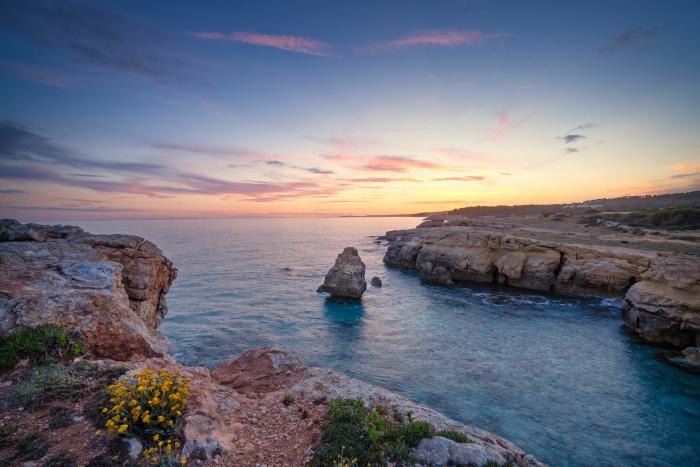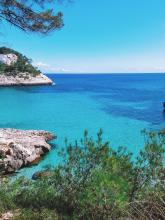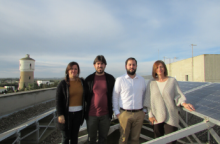
Island facts
Organisations that are involved in the energy transition of Menorca are:
Balearic Islands Government, IBE https://institutbalearenergia.cat/es/, Menorca Island Council https://www.cime.es/, Balearic Cluster for Ecological Transition (Cluster TEIB) https://clusterteib.com/ and the Balearic Islands University https://www.uib.cat/
As part of the 30 for 2030 call the following activities are planned:
The activity "Legal and regulatory support to enhance the energy transition" involves an analysis of the current energy sector-related regulatory framework concerning environmental constraints on the development of renewable energy systems and electricity grid development and management. This includes identifying additional key barriers for the Balearic Islands compared to those discussed in the Secretariat’s study published in early 2023. Additionally, support is provided for identifying possible legislative measures to overcome existing barriers, along with technical support in dialogue with relevant organisations, such as the power system regulator.
The activity "Energy storage and demand flexibility" involves estimating the demand response and flexibility needs at key stages of the Balearic Archipelago energy transition. This includes analysing the demand response and flexibility potential for limiting the curtailment of renewable energy sources (RES), evaluating best practices in demand response for insular energy systems, and identifying possible measures for the Balearic Archipelago, particularly considering the limited contribution from the manufacturing industry. It also includes quantifying potential contributions from different energy final use sectors. A comparative analysis of centralised and distributed storage systems is conducted, identifying the techno-economic benefits and drawbacks of each solution. The activity also provides an overview of long-duration storage systems and their learning curves, analysing potential implementations.
The "Land and marine mobility" activity supports the development of public policies for the decarbonisation of heavy-duty and public transport. This includes developing a plan for the deployment of electric vehicle charging facilities on the islands, prioritising interventions, and identifying high-level needs for the eventual development of E-Ferries charging facilities.
Lastly, the "Energy storage and demand flexibility" activity again involves estimating the demand response and flexibility needs at key stages of the Balearic Archipelago energy transition. This includes analysing the demand response and flexibility potential for limiting the curtailment of renewable energy sources (RES), evaluating best practices in demand response for insular energy systems, and identifying possible measures for the Balearic Archipelago, especially considering the limited contribution from the manufacturing industry. It also involves quantifying potential contributions from different energy final use sectors. A comparative analysis of centralised and distributed storage systems is conducted, identifying the techno-economic benefits and drawbacks of each solution. The activity also provides an overview of long-duration storage systems and their learning curves, analysing potential implementations.
Please note that Menorca has applied jointly with for the 30 for 2030 call with Ibiza | Clean energy for EU islands (europa.eu) and Mallorca | Clean energy for EU islands (europa.eu).
News
Documents
- Spanish





